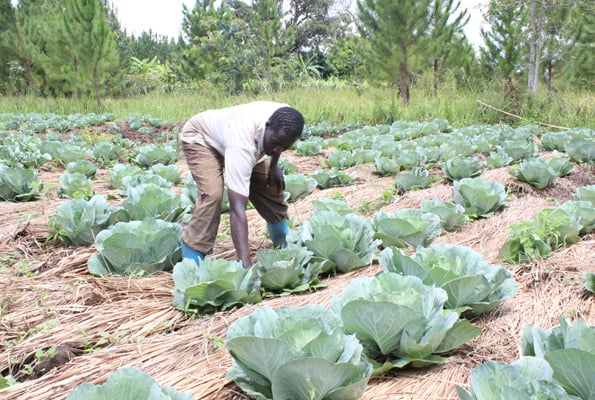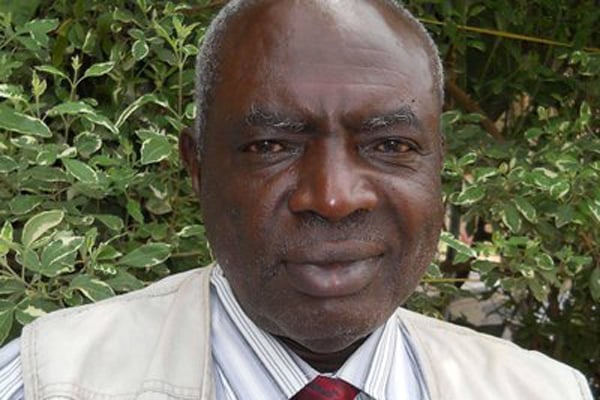Private sector roots for inclusion in agroecology in climate change fight

As the impact of climate change is being felt, farmers will need to adapt with better farming methods and improved technologies. FILE PHOTO
As government moves closer to finalization of drafting Uganda's Climate Resilient and Low Carbon Agricultural Development Strategy 2050, the private sector led by the Participatory Ecological Land Use Management (PELUM) Uganda is routing for inclusion of agroecology if the intended objectives are to be achieved.
The strategy which is being developed by Uganda’s Ministry of Agriculture, Animal Industry and Fisheries (MAAIF) aims at reducing the negative impact of climate change in addition to reducing the production and absorption of carbon emissions.
“The strategy looks into the future and draws on the existing policies and strategies to provide concrete priority actions that will contribute to building a climate resilient low carbon agriculture sector by 2050,” reads part of the strategy which is still under development.
The strategy, according to farmers, will guide the agriculture sector on a climate-resilient development pathway, and contribute to the collective global response of limiting warming to 1.5–2°C by the end of the century through low-carbon green growth in critical sectors.
Speaking at a stakeholders’ meeting to review the said strategy, PELUM head of programmes Joshua Aijuka said inclusion of agroecology in the strategy will ease its implementation because the strategy aims at benefitting the farmers who are affected by climate change.
“When planning for farmers it must be long term. We are exploring what we can do because climate change directly affects farmers. Remember this sector employs 70 percent and contributes 24 percent of the GDP,” he observed.
“Agriculture is one of the major contributors to climate change and a driver of land degradation. We are looking at both adaptation and mitigation which are major avenues to tackle the advanced effects of climate change- and we believe that agroecology is among them,” he added.
Aijuka called upon government to integrate Agroecology and related principles and practices into the draft Uganda Climate Resilient and Low Carbon Agricultural Development Strategy 2050.
“PELUM Uganda observed that aspects of agroecology are missing in the draft strategy. The development process therefore presents a good opportunity for mainstreaming and adoption of agroecology as a climate adaptation and mitigation measure,” he said in Kampala.
“Agroecology promotes sustainable food systems and enhances processes that can build resilience in agrarian communities, reduces greenhouse gas emissions, and improves food security and nutrition,” he added.
MAAIF officials who attended the meeting expressed optimism that the strategy will deliver by 2050.




